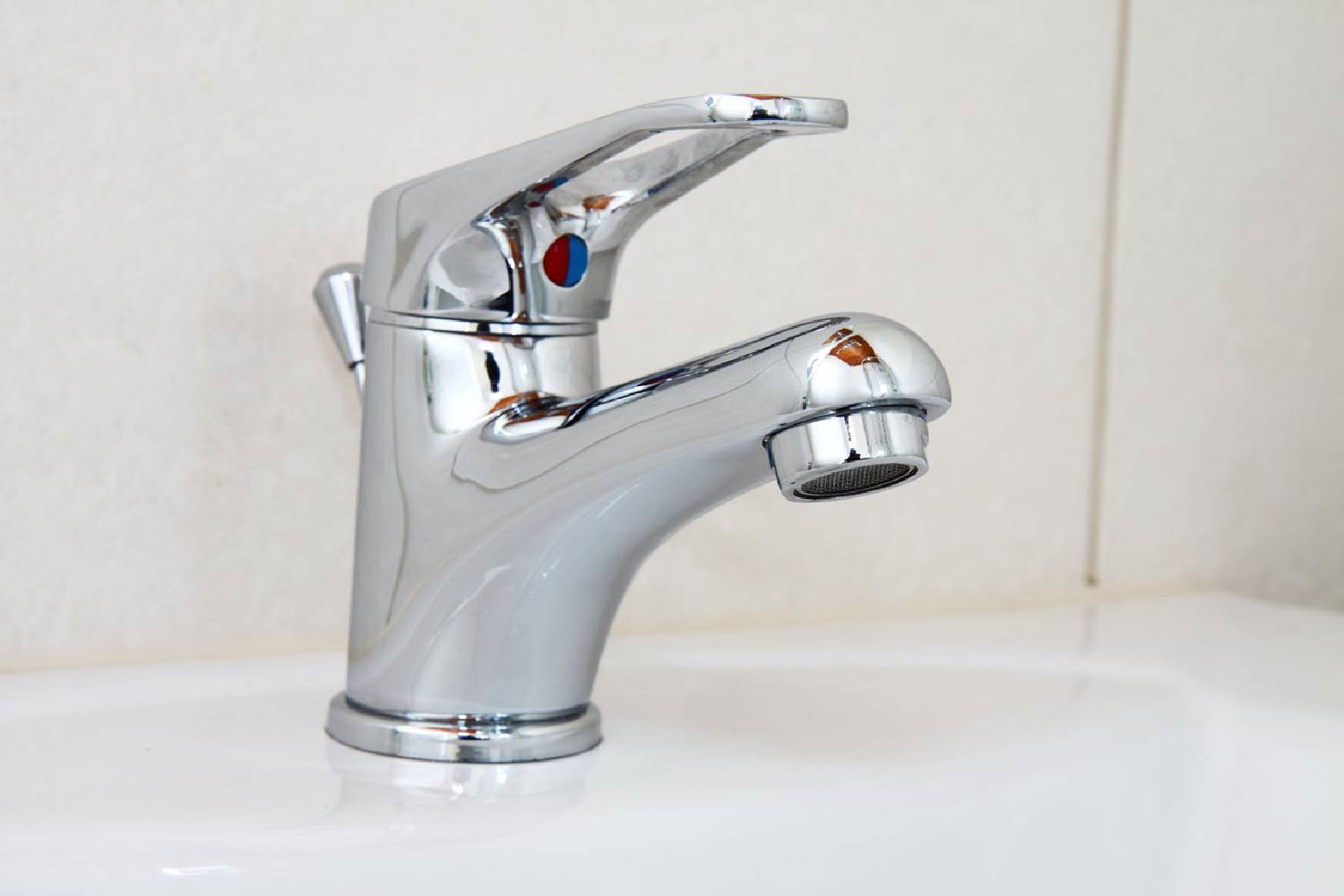Gauteng water authorities have implemented stage 2 restrictions to high-consumption areas as an urgent response to reservoir shortages.
These Gauteng areas will be hit with stage 2 water restrictions
As if escalated loadshedding isn’t enough of a headache to deal with daily, Rand Water listed several communities that will have to endure rotational water blackouts.
In a statement quoted by Business Tech, Gauteng’s supply authority revealed the province’s reservoirs have, in the past two weeks, come under pressure.
Increased water usage is, for the most part, linked to the heatwave passing over Gauteng. Consequently, overall storage capacity decreased from 58% to a staggering 38%.
“This has necessitated that Rand Water implements, with immediate effect, stage 2 restrictions on several high consuming customer meters within each municipality, in order to reduce the high consumption,” Rand Water explained.
Effective immediately after the announcement was made on Tuesday, these Gauteng areas were plunged into stage 2 restrictions:
- City of Johannesburg (Sandton, Roodepoort, Soweto)
- City of Tshwane (entire metro)
- City of Ekurhuleni
- Eikenhof
- Mapleton
- Palmiet
- Vanderbijlpark
- Vereeniging
- Zwartkojes
City of Johannesburg
Pump issues caused by rampant loadshedding have forced Joburg Water to closely monitor usage in communities in and around Sandton, Roodepoort and Soweto.
While low-lying areas may be unaffected, these communities will likely experience low pressure or, worse, no water at all.
- Crosby
- Brixton
- Hursthill
- Eagle Nest
- Glenvista
- Naturina
- Crown Gardens
- Alan Manor
- Forest Hill
- South Hills
- Linden
- Waterval
- Constantia
- Florida North
City of Tshwane
Households in the entire metro will be placed under stage 2 water restrictions. Moreover, the City of Tshwane confirmed the immediate “implementation of level 2 water tariffs as per the city’s approved 2022/23 financial year water tariffs,”
Stage 2 water restrictions: Here’s what it means for affected areas
Rand Water made it clear it’s handling the emergency in real-time, and therefore, restrictions will be reviewed every two weeks until capacity is restored above 60%.
To achieve this, the authority will work with affected municipalities to reduce daily water supply by 30%. While municipalities have been granted leeway to apply their own set of restrictions, the general consensus is at stage 2, the following is prohibited:
- Gardening (using a hosepipe to water the lawn is not allowed. While no mention of borehole usage is made, it’s believed the rule applies to all irrigation systems)
- Driveway cleaning (using a hosepipe or irrigation system)
- Car washes (using hosepipe)
- Topping up swimming pools and other water features.
“In order to avoid reservoirs running dry, resulting in water shortages and subsequent water supply interruptions, the City of Tshwane urges all residents to assist by decreasing their water consumption and to use water sparingly,” the City pleaded.
